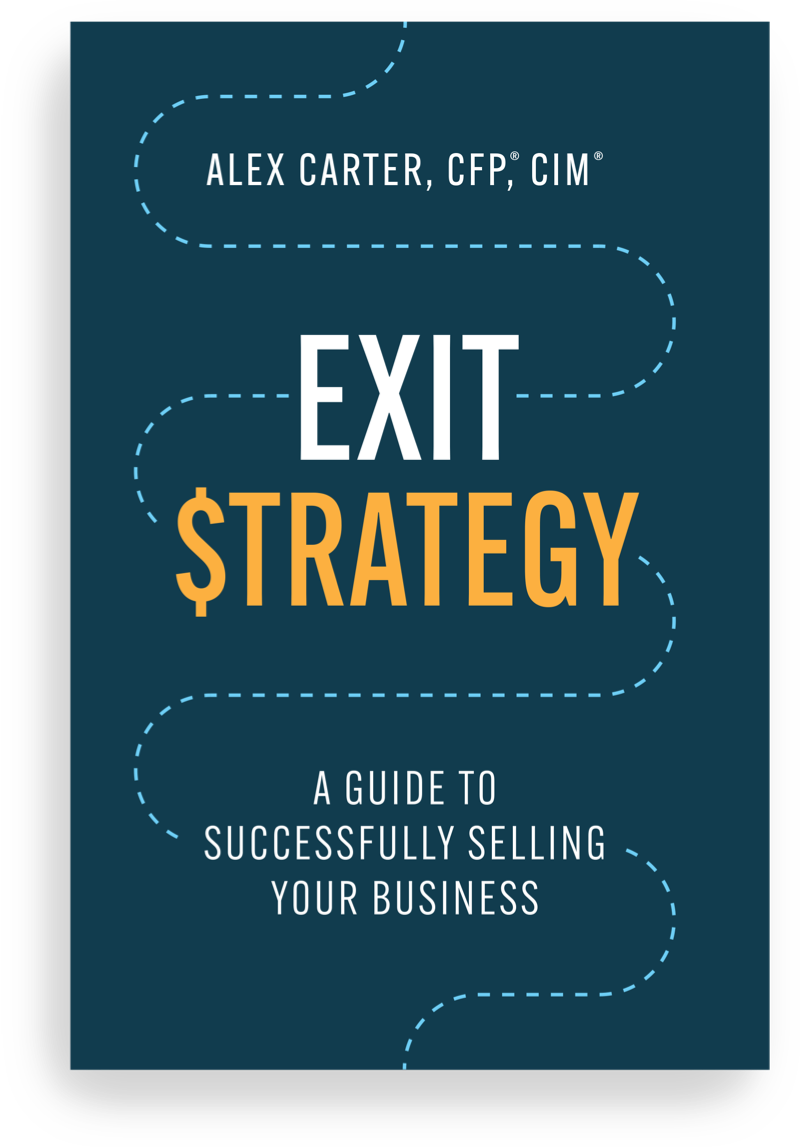We live in a world filled with constant updates. And nowhere is this more evident than in the world of investing. Turn on a news radio station and chances are you’ll hear how the markets are doing that day. On television, you can see the fluctuating markets with your own eyes as some networks have tickers for you to follow all the action.
For professional traders, having up to the minute stock quotes can be important. But for most investors, it’s information overload at best, and may in fact contribute to underperformance.
The more investors focus on what’s happening in the very short term, they can lose sight of their portfolio’s best friend: Time.
Time is your greatest ally because over the long term, a properly diversified, well-balanced portfolio should rise in value. With equities in particular, growth should be expected: The economy has a natural tendency to expand, carrying with it the shares of profitable companies. Add in reinvested dividends and you have a simple recipe for financial success.
The trouble is, what happens in the short run can take our eyes off the long run reality.
Consider the following: in his book Fooled by Randomness, mathematician and former trader Nassim Nicholas Taleb examined a hypothetical portfolio with average annual returns of 15% over 20 years and average volatility of 10% (fair warning here: 15% annual returns are far above what you should expect). Here’s what he found:
- You would have a 7% chance of losing money in any given year with such a portfolio
- A 23% chance of losing money in any given quarter
- A 33% chance of loss in any given month
- A 46% chance of loss on any given day
- And a 49% chance of loss in any given hour of trading
Why is this information so important? Essentially, because the shorter the time frame, the more likely it is that the market will drop. If you’re glued to the screen every day, there’s a risk that you’ll see red, panic and sell, even though history shows that’s not a great move to make.
Time is Also a Reason to Start Investing Early
When we think about the value of time, there’s another implication, and that’s how important it is for people to start investing as young as they can. By investing as early as possible, you can take advantage of the power of compounding—what no less than Albert Einstein once referred to as the 8th wonder of the world. Compounding is effectively “growth on growth”, so it’s most potent as time goes on.
Just how potent? The numbers speak for themselves. Back in 1994, a U.S. financial services company calculated that if someone invested $250 each month from the age of 25 to 65, and earned 8% annually, they’d wind up with a portfolio valued at $878,570. What’s so fascinating, though, is that if the person waited until they were 35 to start investing, the nest egg at 65 would only be $375,073. The 10-year head start makes a huge difference to the ultimate portfolio value.
Long story short? Invest for the long run, and invest as early as you can. If you’ll pardon the pun, it’s a timeless strategy.



